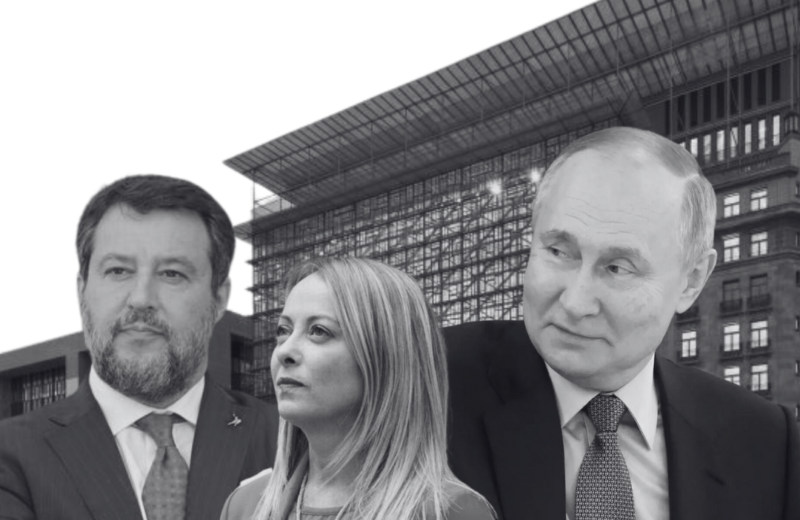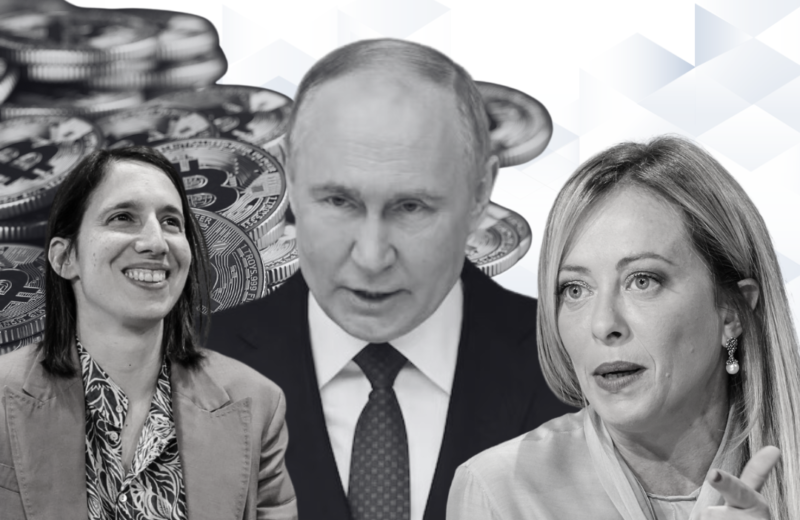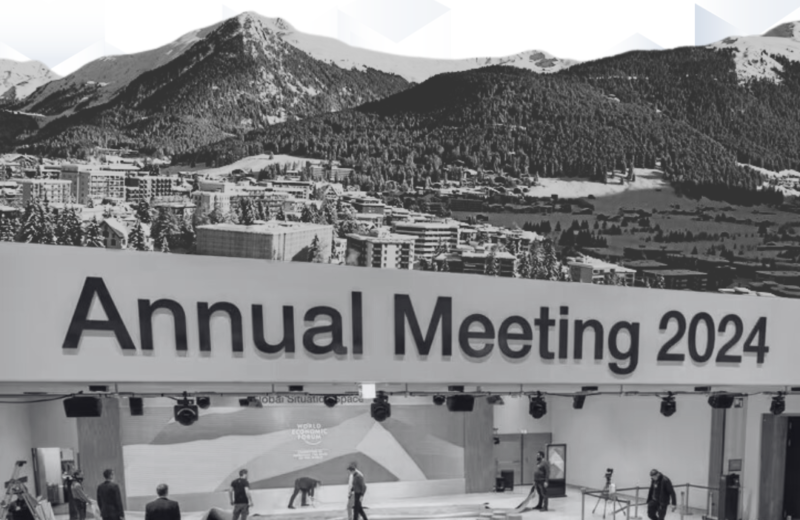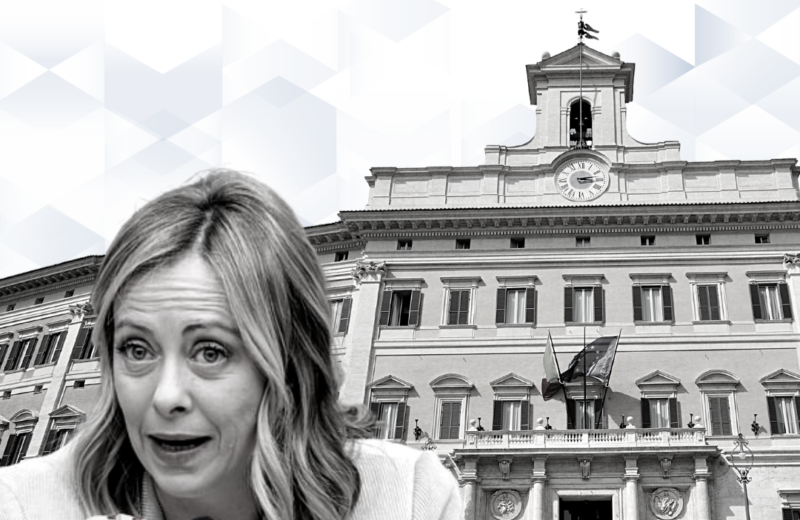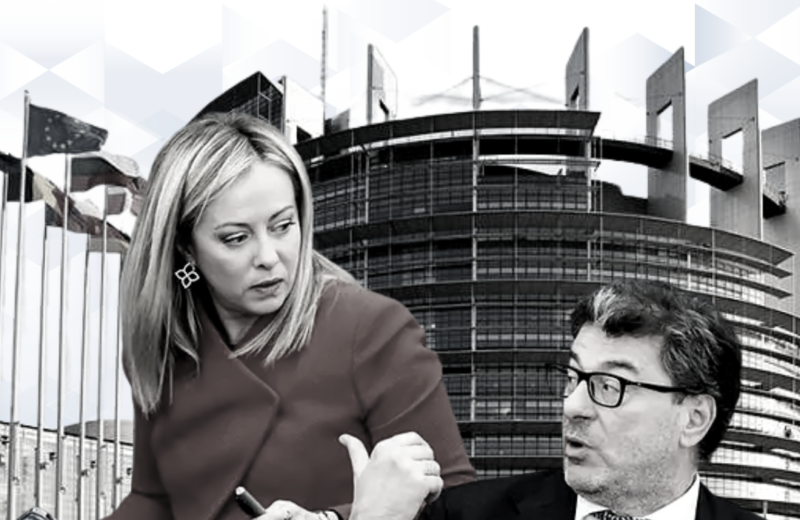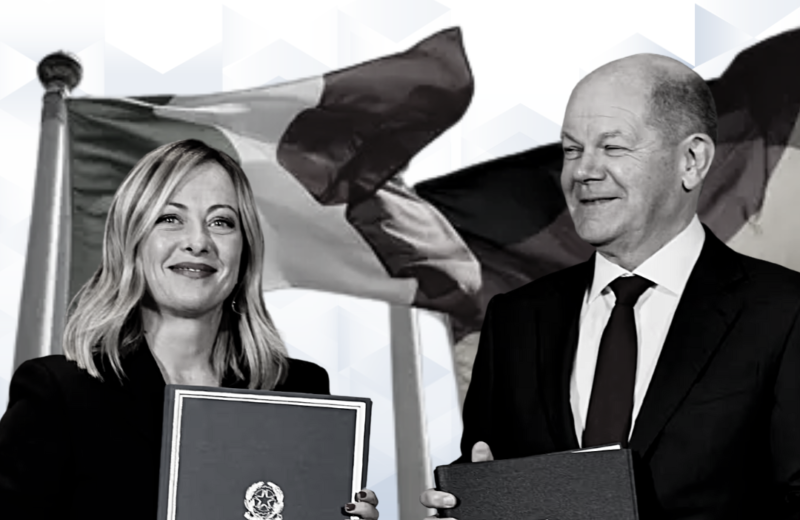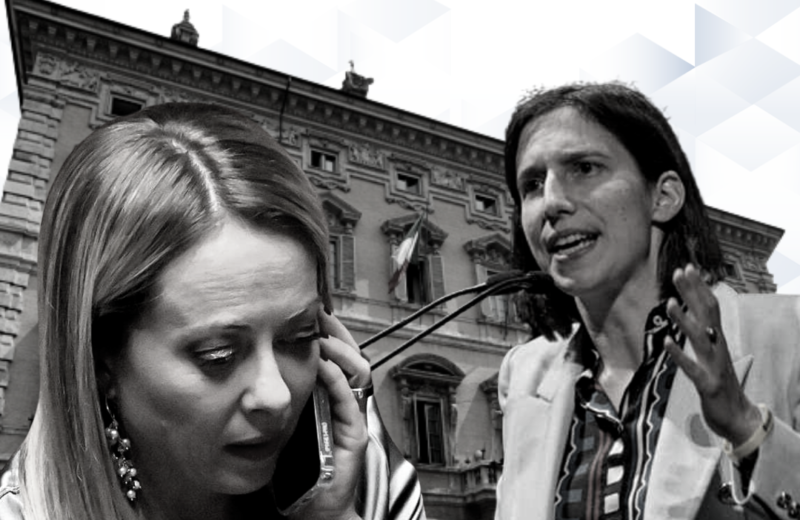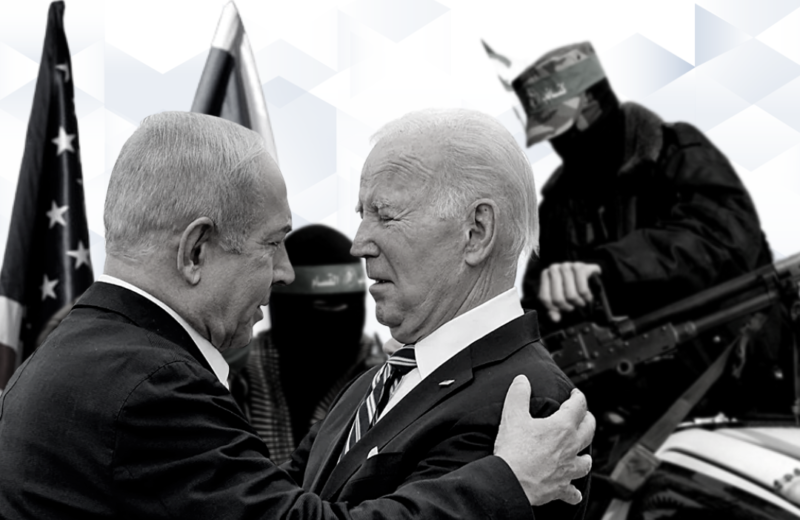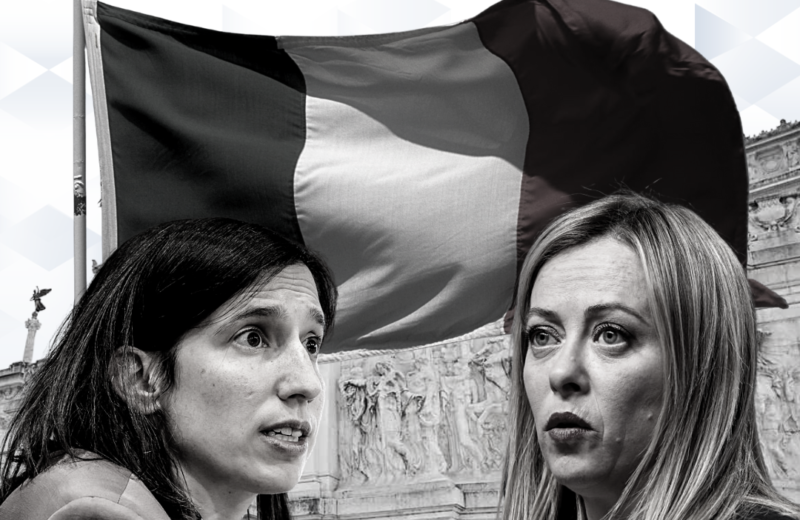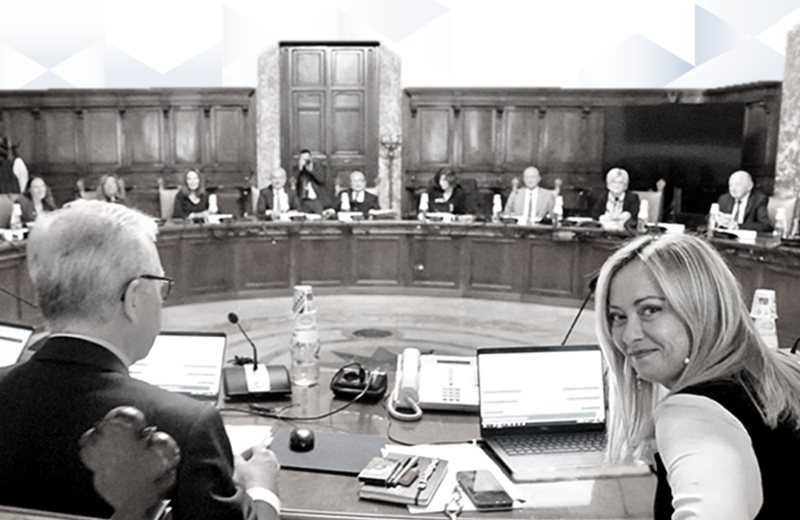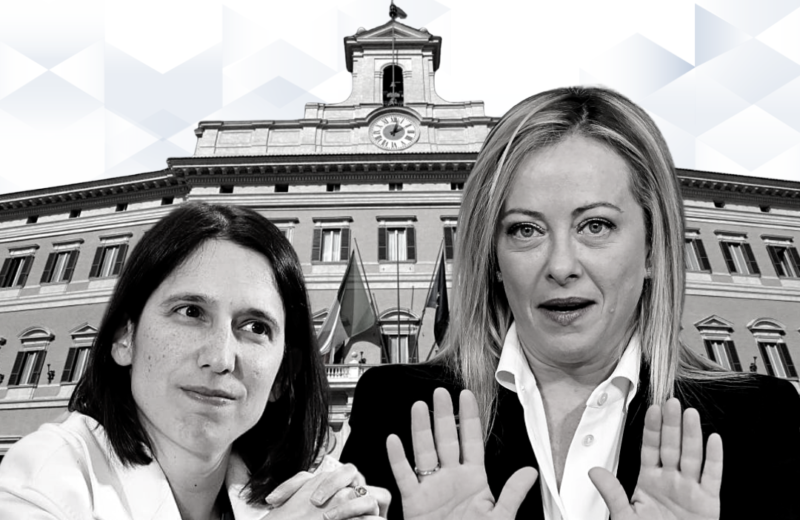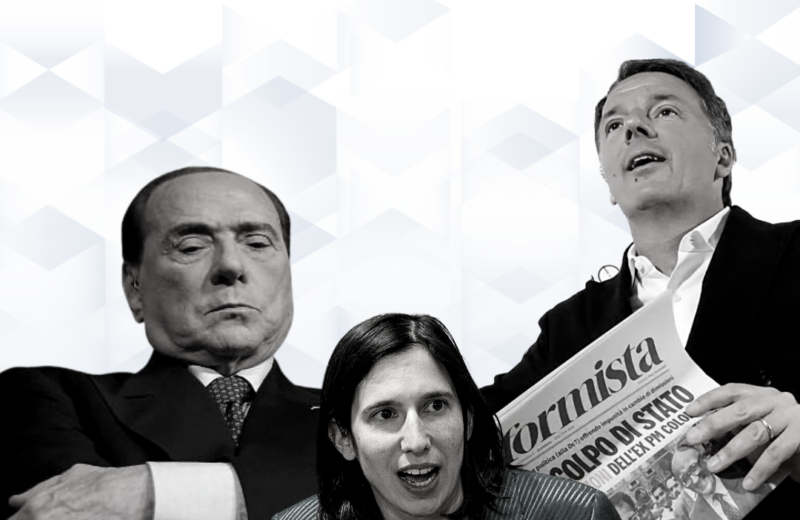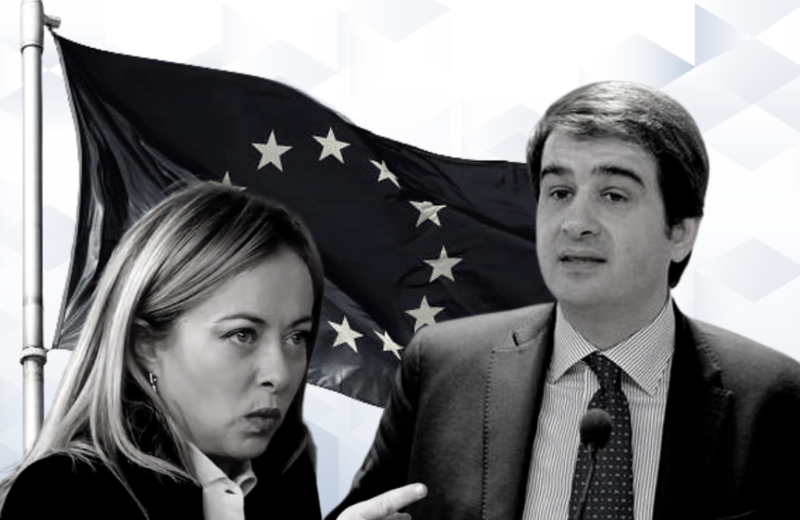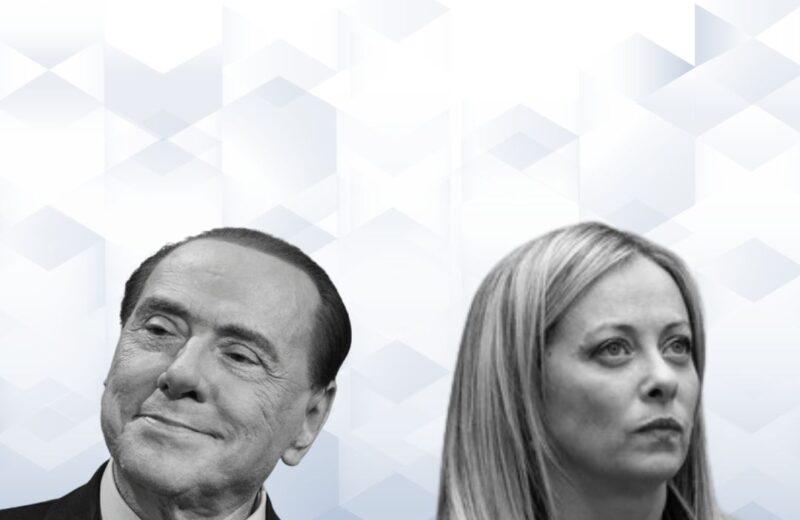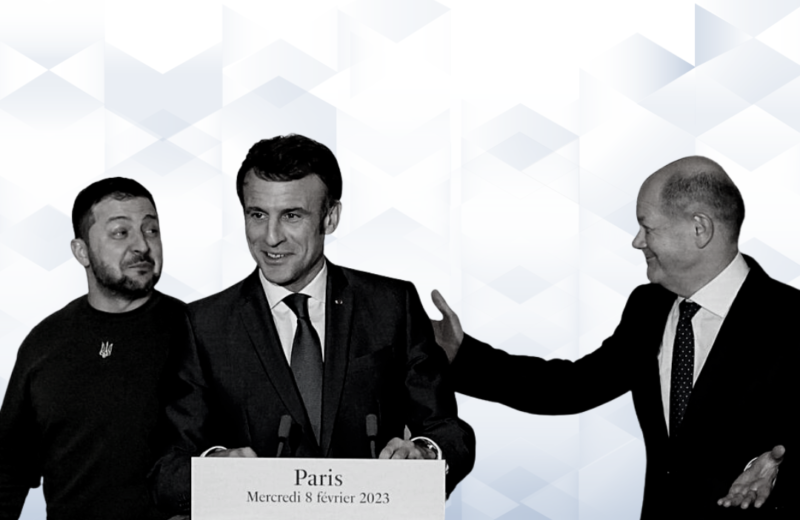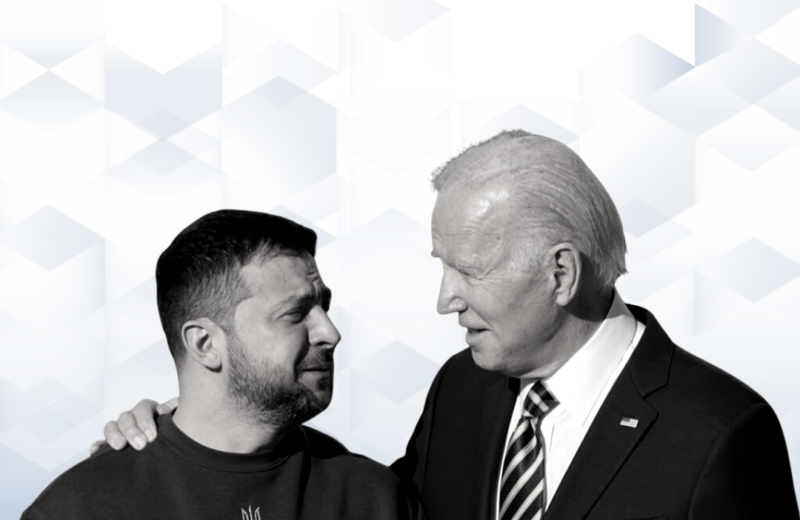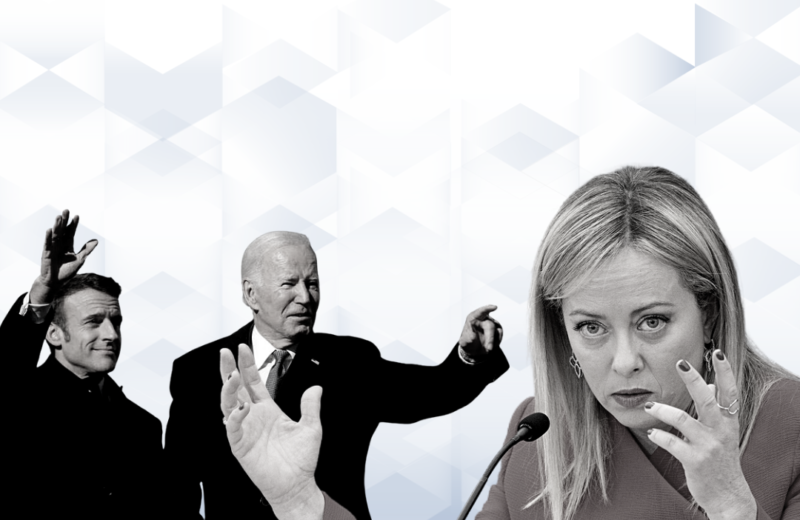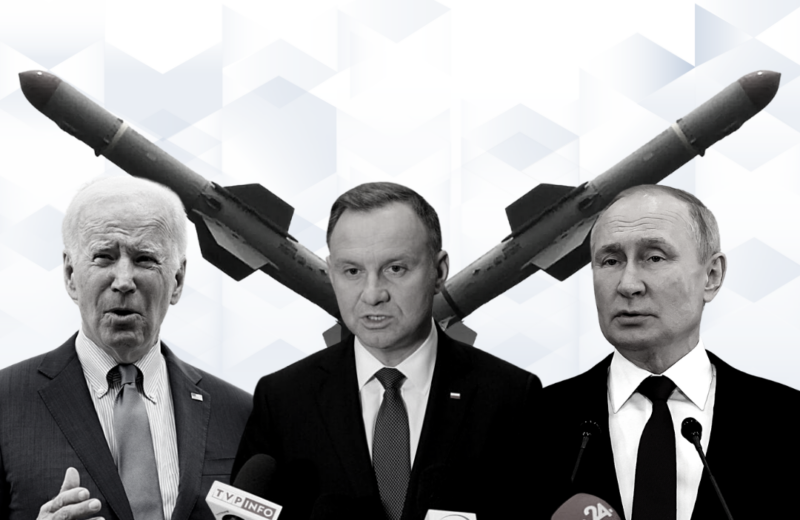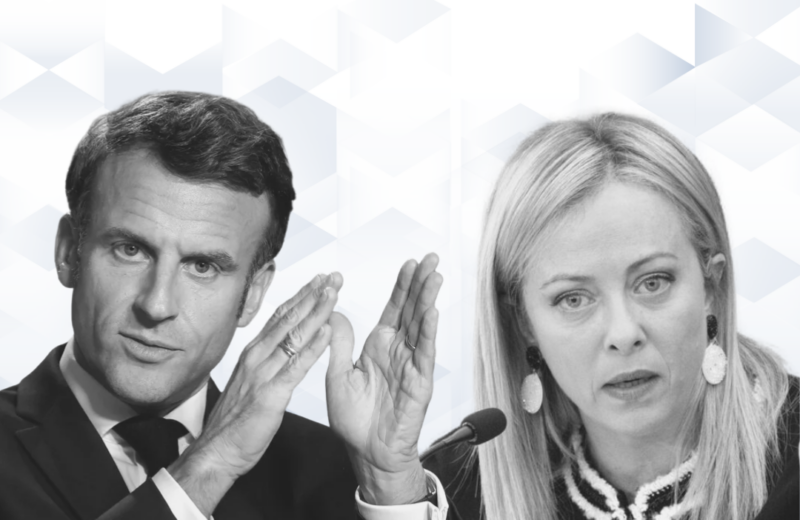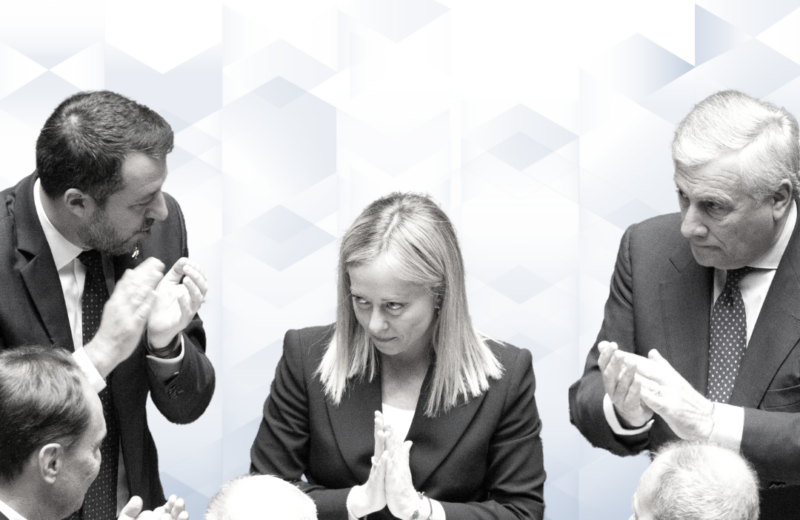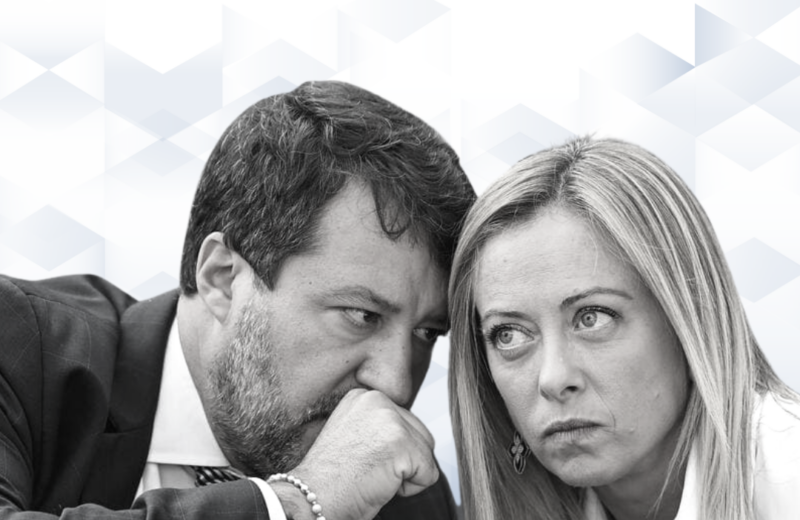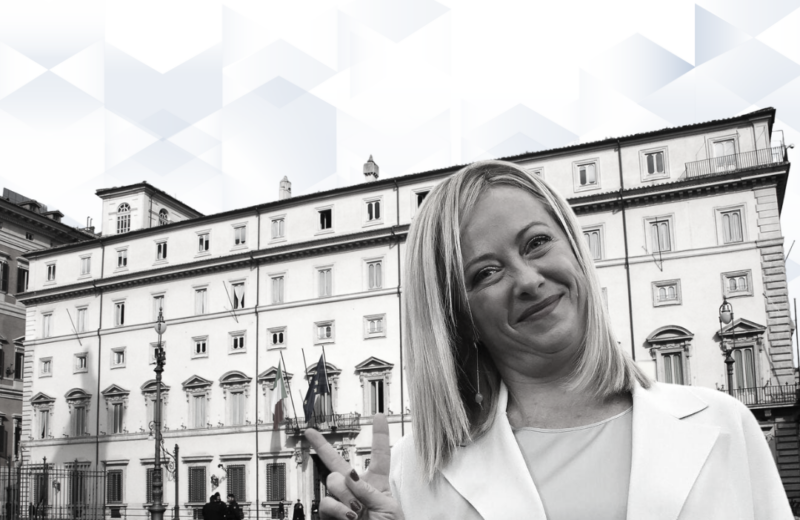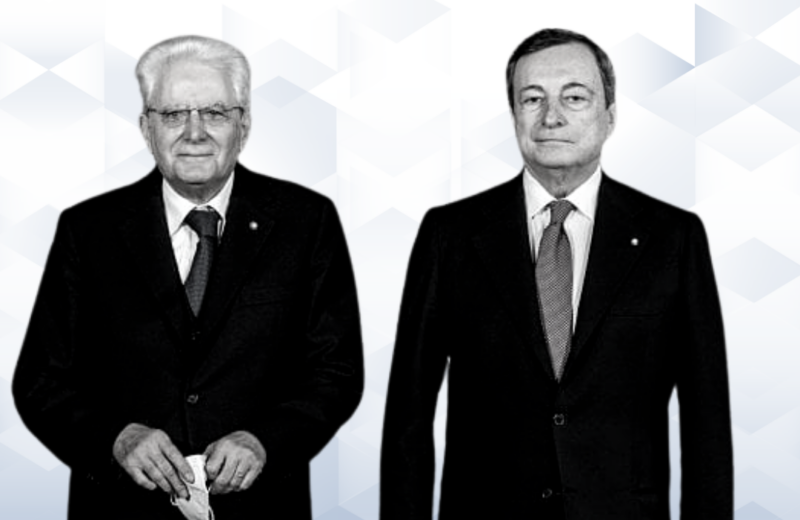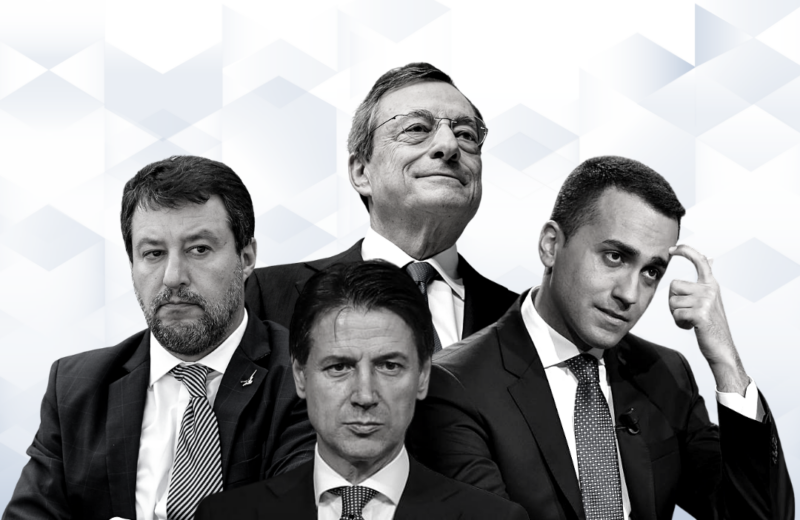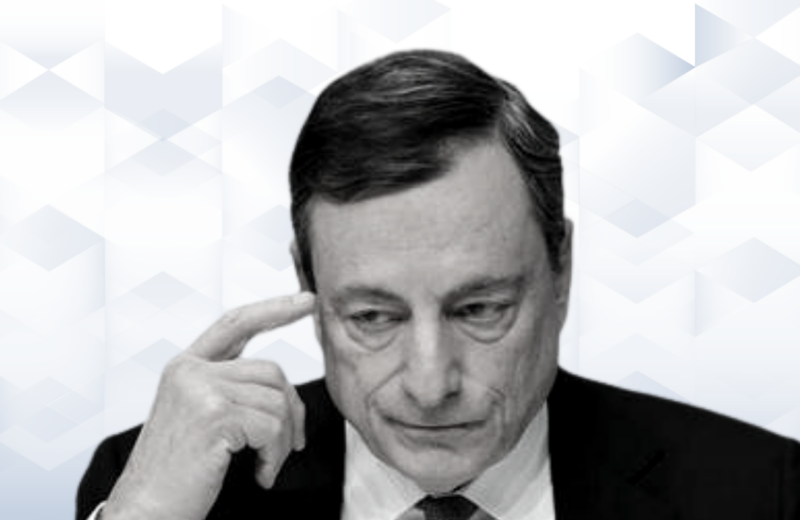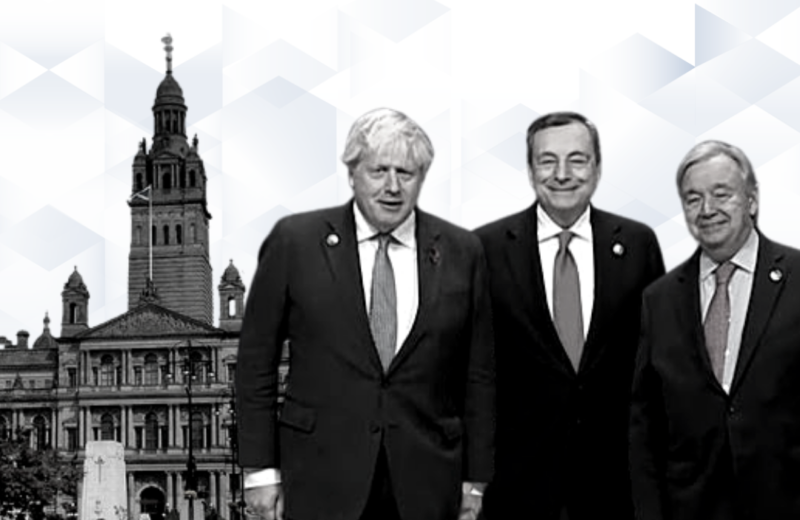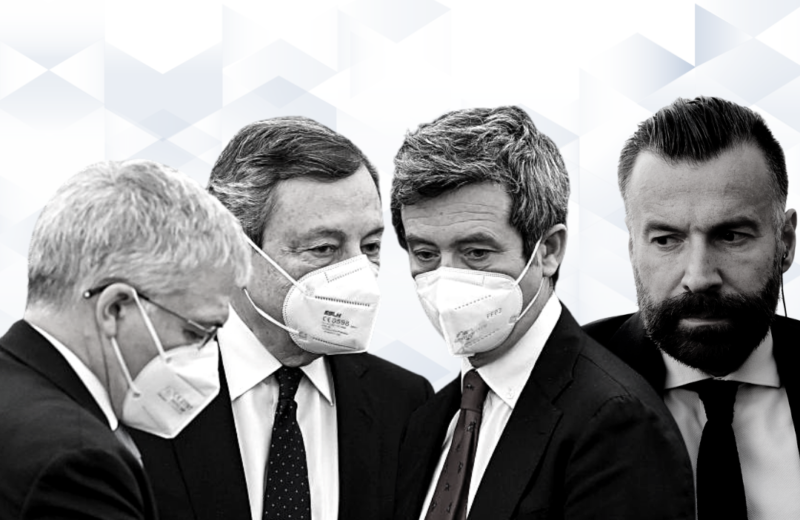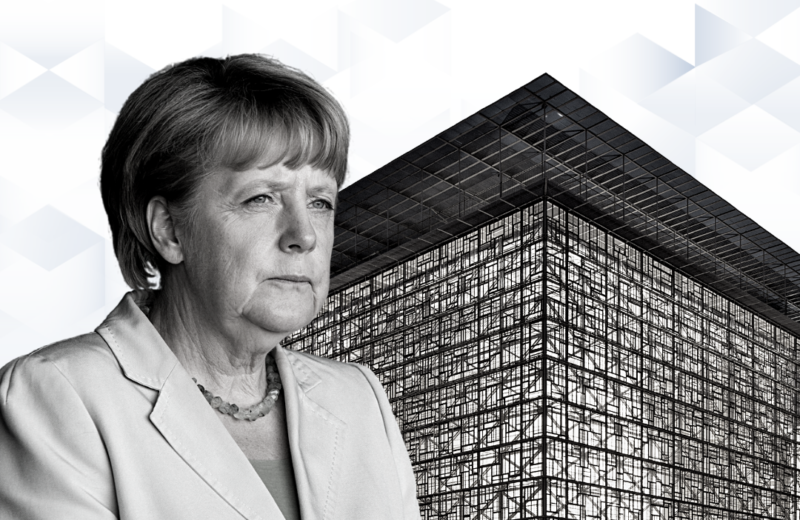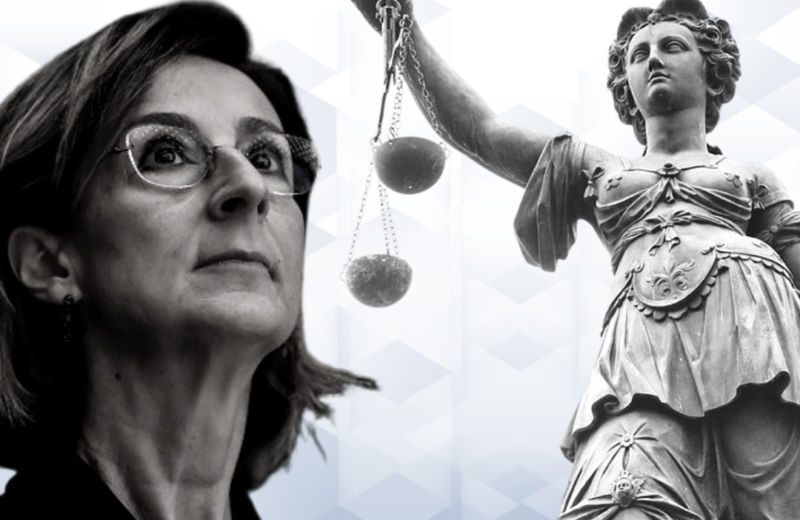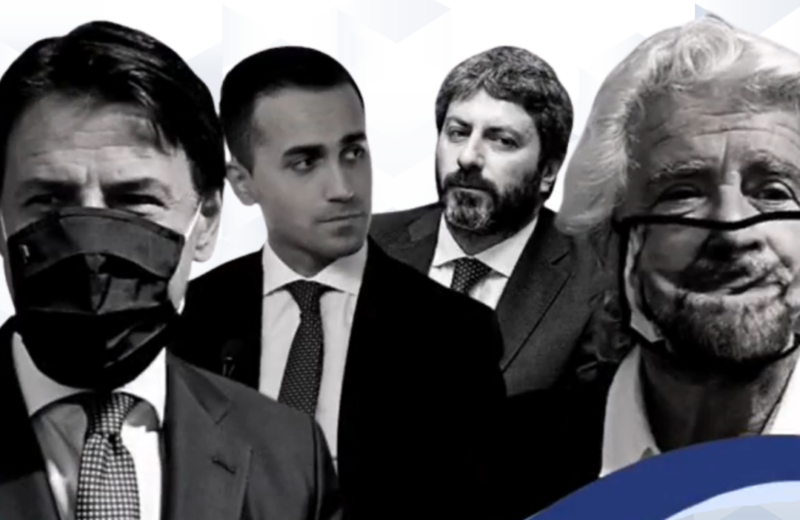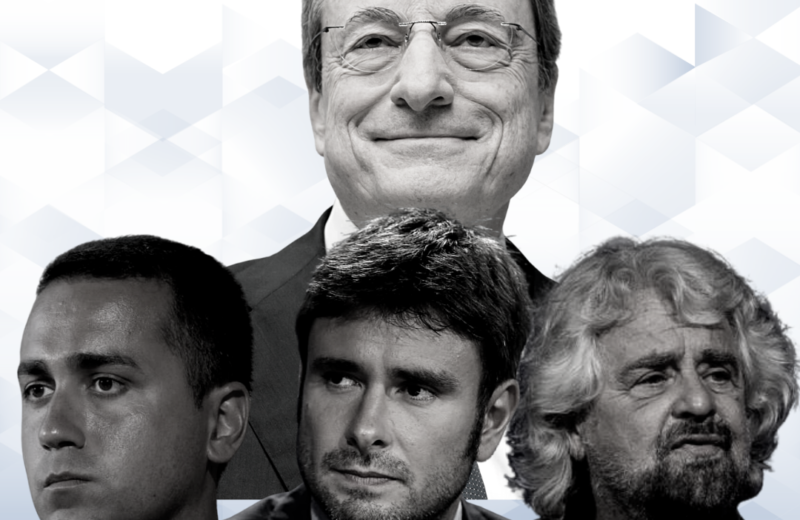Post-election reasoned framework
The first round of the local elections went as planned. The center-left has largely imposed itself in Bologna, Milan and Naples, despite highlighting all the fragility of the PD-M5S alliance. The clear PD victory in the cities was offset by the general collapse of the 5-Stars.
On the opposite front, the center-right faced a widely announced defeat, due primarily to the absence of a single leader capable of bringing harmony among allies. The investigation into the illicit financing of Brothers of Italy’s campaign in Milan and the accusations against the former League communications manager Luca Morisi did the rest, while after the vote Forza Italia went against its allies for the election debacle.
The vote also certified the deep disaffection of electors towards the current national political offer, given that just over half of those entitled voted in the first round. It is a fact on which it will be necessary to reflect and perhaps act, to prevent abstention from becoming a structural condition of our electoral system. Overall, it was a vote that had no effect on the stability of the government, although it triggered some significant transformations in the balance of power between the players of its vast ruling coalition.
If a few months ago the Democratic Party agreed to support the Draghi executive amid a thousand doubts and with many internal perplexities, today the party of secretary Enrico Letta feels that it has become the architrave of the government to which it belongs. At the same time, Matteo Salvini had to accept to review his relationship with the prime minister, having acknowledged the failure of an electoral campaign strategy played mainly on the issues of the green pass (and not on the results obtained by the government) which ended up undermining in first and foremost his leadership.
For the League leader it is therefore a question of running for cover and trying to regain centrality by structuring a cycle of weekly meetings with Draghi along the lines of what has already been established with Letta, especially now that the match of the tax reform has begun. The fact that yesterday the executive decreed the reopening going beyond the indications of the Scientific Technical Committee may be the sign that all in all the prime minister has welcomed the new attitude of the League leader.
Meanwhile, in the field of the center-left, the good victory is not enough to hide the fact that the allies have to deal with a relationship with the M5S that is struggling to take off. Proof of this are, for example, the insults and the infighting between the former candidate for mayor in the capital, Carlo Calenda, and the M5S leader Giuseppe Conte, with the Democratic Party ended in the middle of the crossfire.
Calenda subordinated his support to the PD candidate Roberto Gualtieri (who will challenge Enrico Michetti of the center-right in the ballot in Rome) after having obtained the promise that in his eventual Capitoline junta there will be no Cinquestelle councilors. The news struck like a bolt on the new political leader of the M5S, demonstrating all the limits of his attempt to accentuate the structural nature of the agreement with the Democratic Party and offering new arguments for his internal rivals.
Another source of concern for the former premier is in the cryptic attitude assumed by the outgoing Capitoline mayor Virginia Raggi, who will not give voting indications in view of the ballot for the Capitol in retaliation against Conte for being left alone in the defeat a week ago. An eventual defeat of Gualtieri in Rome would be an obstacle to the alliance with the center-left and could favor the very attempt by Raggi herself to take the Movement.
In the meantime, Calenda’s good electoral performance (almost 20% of the votes) and the presence of a national political framework subverted by the advent of Mario Draghi have rekindled requests for a proportional change in the electoral law.
A year ago it was Matteo Renzi who froze the reform on which the Pd and M5s had reached an agreement. Now the debate on the possibility of favoring the birth of a centrist political area of liberal-democratic inspiration has revamped. It is a suggestion that seems to attract proselytes but which will clash in the first place with the doubts of the Democratic Party, which after the excellent result of the local elctions could opt to leave everything as it is.




